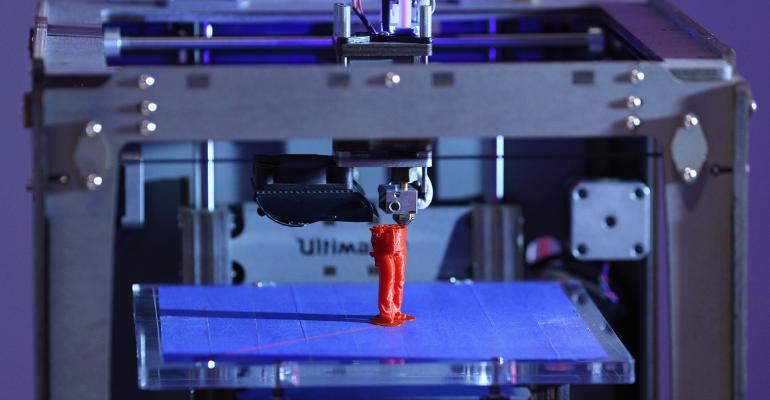ARK Investment Management has launched the first ETF offered in the United States focused solely on the 3D printing ecosystem. The 3D Printing ETF (Bats: PRNT), listed on the BATS ETF marketplace, is designed to track the performance of the Total 3D-Printing Index, which includes companies involved directly with 3D printing as well as related business areas, such as computer-aided design software. ARK predicts the $5.2 billion 3D-printing market will grow to exceed $40 billion by 2020. "ARK's research shows that the 3D printing industry has one of the highest growth projections in the economy," Catherine D. Wood, ARK founder, CEO and chief investment officer, said. "As the technology evolves and costs continue to decline, the 3D printing industry has the potential to steal market share from traditional manufacturing and transform every sector of the economy."
TD Ameritrade Institutional will be lending support to XY Planning Network as part of a program focused on helping young investors and their advisors. The new program aims to encourage a group of investors that currently lacks substantial assets to begin building their wealth through professional financial planning. XYPN members, who target Generation X and Y investors, will gain access to TD Ameritrade's technology and advisor services, specifically its VEO platform, an account management and trading tool designed for advisors. "To serve Gen X and Gen Y clients profitably, it’s crucial that planners use technology tools effectively,” said XYPN co-founder Michael Kitces. XYPN members employ a monthly subscription model, which also incorporates fees based on assets under management, and virtual services, to appeal to a younger client base.
The Financial Risks of Surgery
Nearly half of the world's population risks falling below the poverty line because of the direct medical costs of surgery, a new study by the World Bank and The Lancet Commission Global Surgery reports. The study showed that the direct cost of surgery put 43.9 percent of the world population at risk of financial catastrophe, while 57 percent were at risk of being pushed to live on less than $2 a day. The researchers proposed eliminating the risk by 2030 by streamlining medical services and working with nations to increase access to university health coverage to reduce costs, writes Stephen Feller for UPI. "Fixing this problem should be a global health priority, said Dr. Mark Shrime, a researcher at Harvard Medical School and lead author of the study. "However, this research highlights the fact that surgery is expensive and can drive patients into financial destitution."





